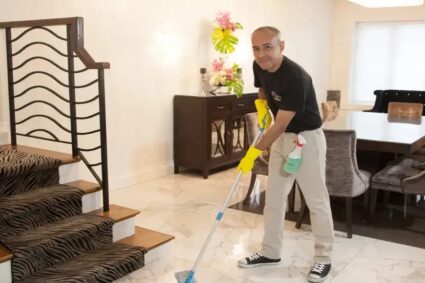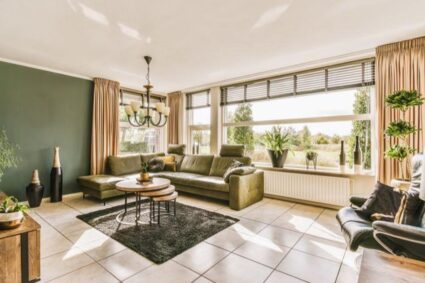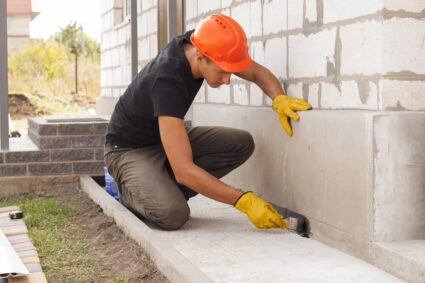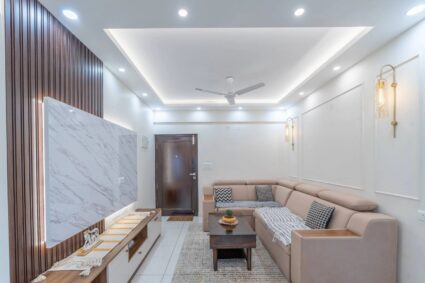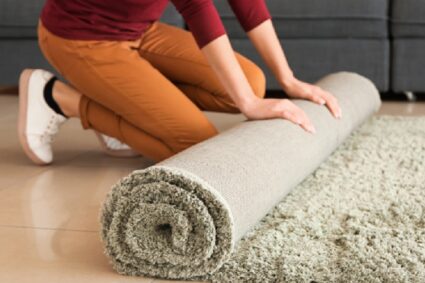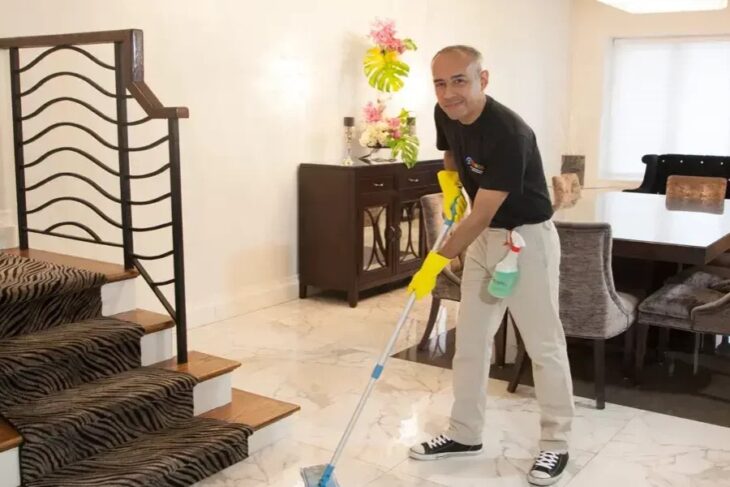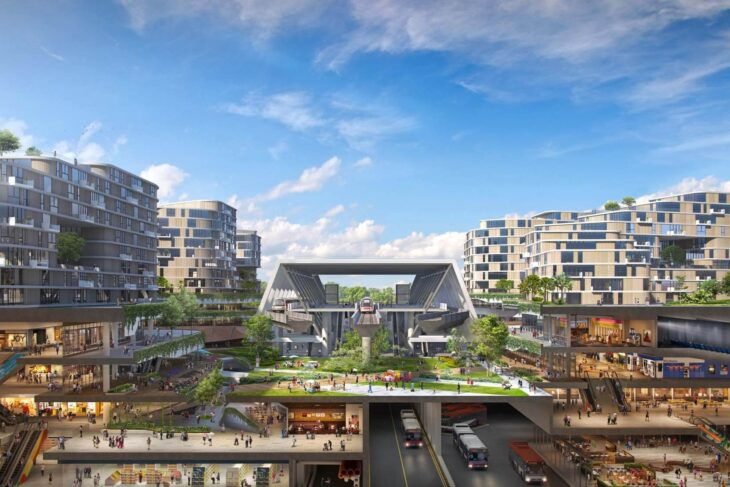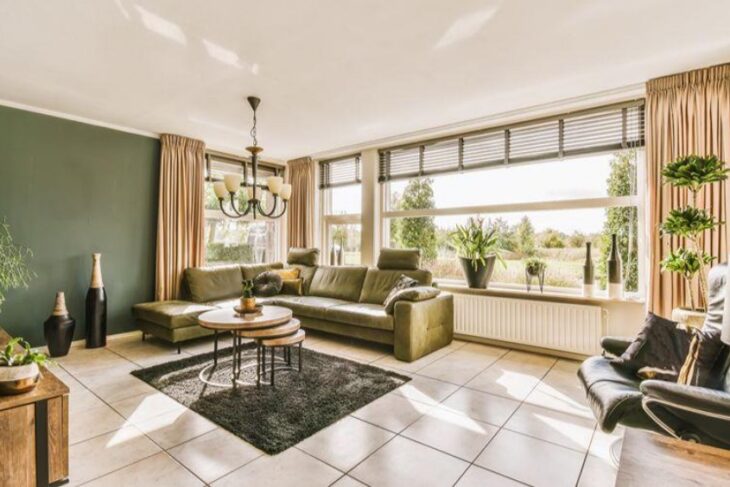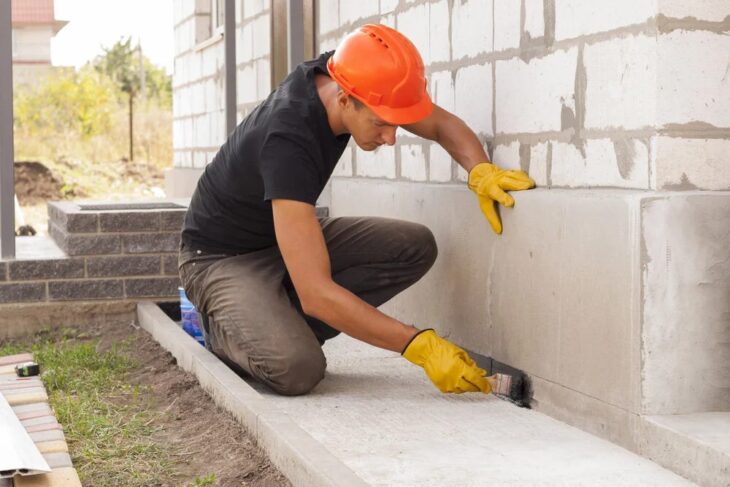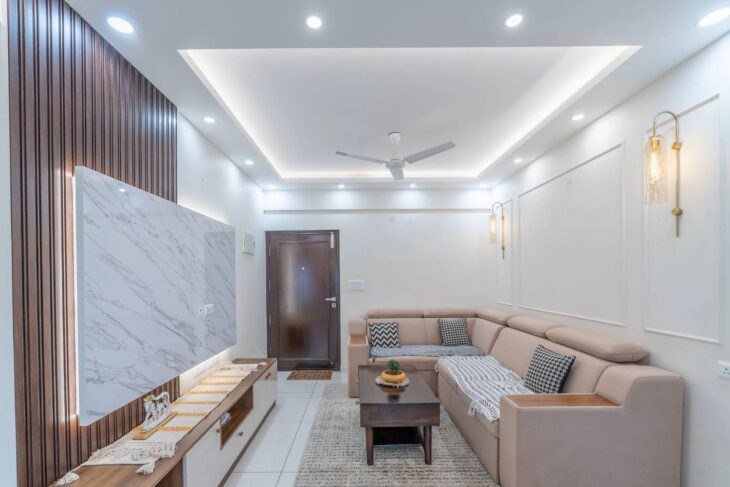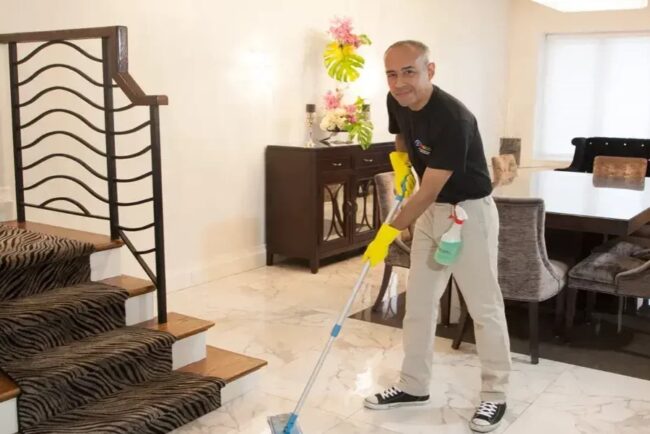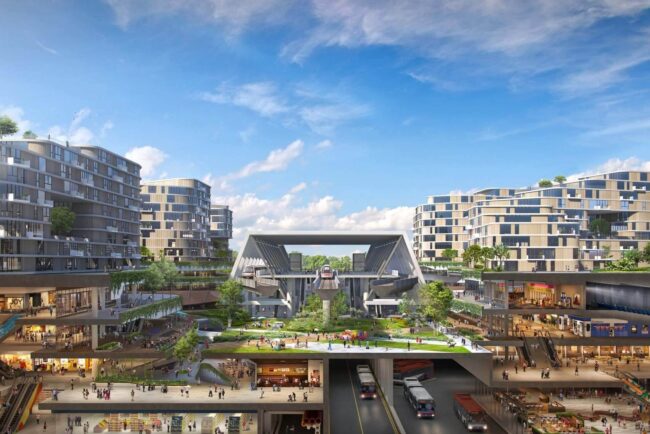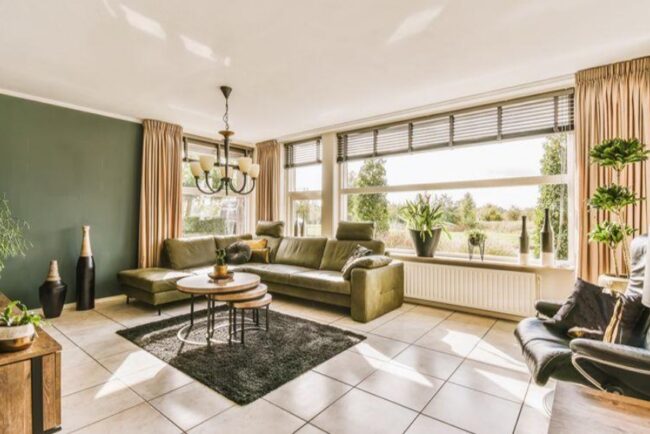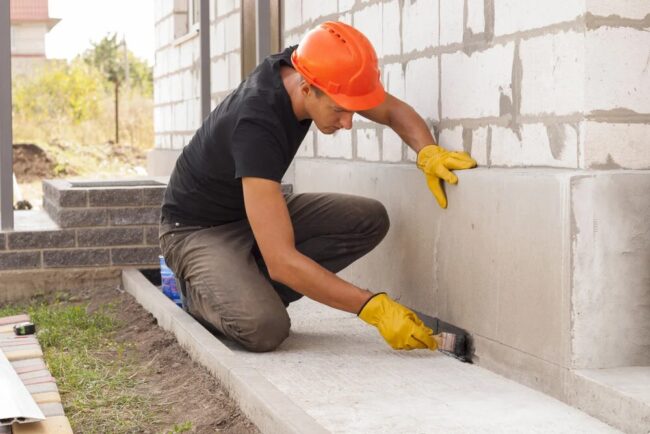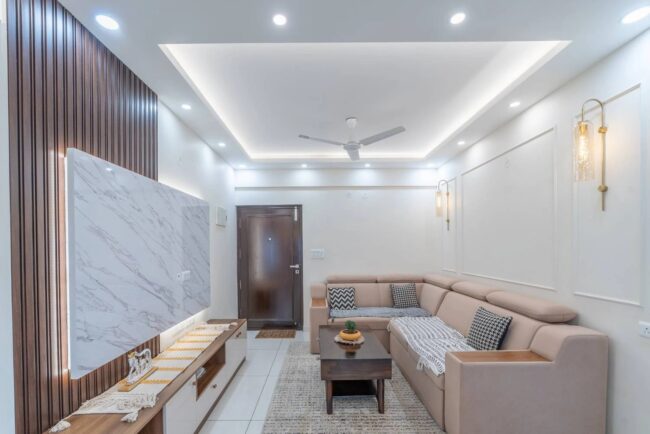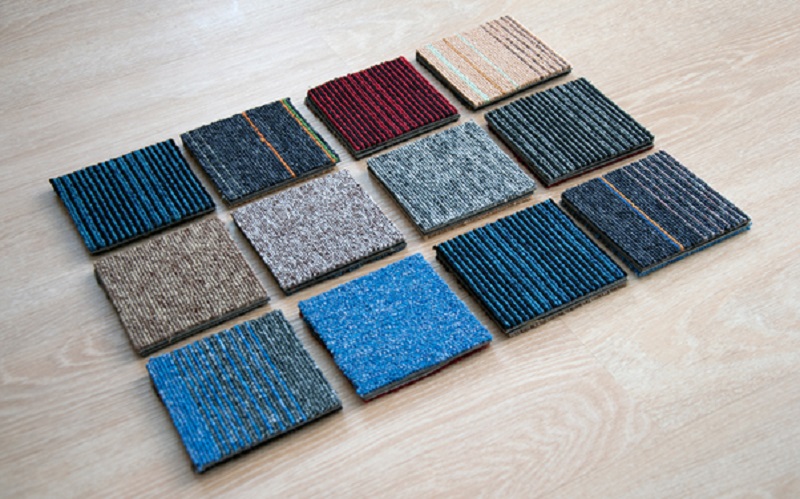
Commercial environments demand flooring that supports high foot traffic, adapts to evolving layouts, and withstands daily wear. Business owners must consider cost, ease of maintenance, installation speed, and visual impact. Carpet tiles and traditional broadloom carpets remain common choices, but each offers distinct features. Understanding their core differences helps facility managers make informed decisions.
Installation Speed and Flexibility
Fitting carpet tiles takes less time and causes less disruption than traditional broadloom. Installers handle tiles individually and apply them in sections, avoiding the need to roll out large, heavy materials. Offices and retail spaces can continue operating during phased installations, with only one area closed off at a time.
Workers easily replace damaged tiles without lifting entire floorings. For high-traffic zones, this offers practical value. Businesses benefit from keeping backup tiles in storage, ready for emergency swaps. Traditional carpets, cut from large rolls, require full removal for stain or tear corrections, making upkeep costly and time-consuming.
Modular layouts also enable custom designs. Installers lay tiles in specific patterns, zones, or colour sequences. Broadloom provides limited flexibility, usually fitting best in single, uninterrupted spaces. Offices with cubicles, partition walls, or dynamic layouts see faster results from tile solutions.
Durability and Performance in High-Traffic Areas
Durability stays central for commercial flooring. Carpet tiles use dense, looped fibres designed for resilience. Many commercial-grade tiles include backing layers that absorb impact and resist compression. They handle frequent walking, wheeled chairs, and cleaning routines without flattening.
Broadloom options vary in fibre density and pile type. High-end versions perform well but may wear faster if not specified for commercial use. Seamless installations look neat at first but develop wrinkles or splits with heavy usage, especially if not secured properly.
Carpet tiles maintain shape and tension across time. Their backing structure keeps individual tiles from shifting. Businesses reducing long-term maintenance interruptions often choose tiles for consistent results across years of operation.
Cleaning, Maintenance, and Long-Term Hygiene
Cleaning efficiency remains a leading concern for commercial property owners. Carpet tiles simplify deep cleaning. Staff remove and clean individual tiles without handling entire surfaces. Spills or heavy stains rarely affect surrounding tiles, reducing downtime and replacement costs.
Traditional carpets require bulky equipment for deep cleaning. Stains tend to spread quickly through underlay layers. Over time, this builds up odours or bacteria, affecting workspace hygiene. Offices and clinics often choose carpet tiles to control allergens and meet sanitation standards.
Tiles with low-pile construction trap less dirt. Some designs include antimicrobial treatments, ideal for hospitals, schools, and shared office floors. High humidity or accidental leaks rarely result in permanent damage when facilities adopt modular flooring.
Design Options and Aesthetic Versatility
Carpet tiles offer wider design freedom for commercial space and interiors. Tiles come in various shapes, including planks and squares. Mixing colours or textures helps define departments, breakout zones, or walkways. Designers integrate branding elements through colour schemes or custom layouts.
Broadloom carpets still appeal in environments where a seamless, plush appearance matters. Hotels and executive boardrooms often prefer Broadloom’s wall-to-wall coverage. However, in fast-changing business spaces, tiles provide more control. They support frequent reconfiguration and expansion, without leaving gaps or inconsistencies.
Companies preferring bold aesthetics or custom branding benefit from tile patterns. Updating or rearranging layouts over time becomes manageable, keeping the interior fresh without a complete renovation.
Cost Considerations and Supplier Support
Carpet tiles reduce installation labour costs. Less material waste and easier logistics lower overall expenditure. Over the years, replacements cost less due to tile-specific fixes. For budget-conscious operations, tile systems prove cost-efficient, especially in dynamic industries.
Initial broadloom investment may seem lower for large open areas, but long-term upkeep drives up total expenses. Frequent deep cleans and larger repair jobs outweigh early savings. Facilities requiring flexibility, fast renovation cycles, or phased upgrades tend to select tiles.
Choosing a trusted carpet tiles supplier in Singapore ensures access to high-quality tiles built for commercial use. Reliable suppliers offer guidance, post-installation support, and aftercare plans that reduce risk and maximise performance.
Conclusion
Carpet tiles continue gaining popularity in commercial settings due to fast installation, easier upkeep, and design adaptability. Traditional carpeting still suits specific venues seeking seamless finishes, but it lacks flexibility for dynamic workspaces. Selecting the right flooring depends on long-term goals, site layout, and maintenance capabilities. Businesses looking to optimise cost, cleanliness, and layout flexibility benefit most from modular tile solutions.
Looking for a trusted carpet tiles supplier in Singapore? Contact Carpetworkz to explore premium commercial tile options, professional support, and tailored flooring solutions for your workspace.


